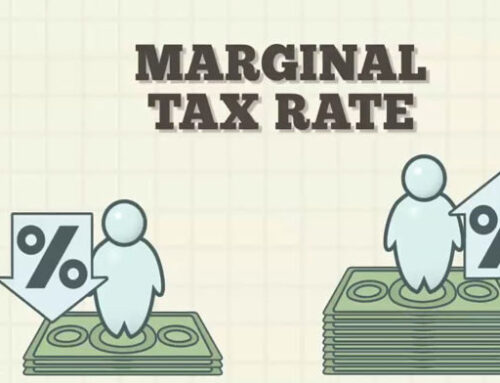The Canadian Employment Insurance (EI) program as Self-Employed and Employment Insurance offers essential temporary income support to unemployed workers during their job search or when they need to take time off work due to specific life events. For self-employed individuals, the usual requirement to contribute to EI doesn’t apply, but there are exceptions. In this post, we explore how self-employed individuals may still access EI benefits and the impact of related persons’ employment on their eligibility.
Part 1: EI Benefits for Self-Employed and Employment Insurance Individuals
Scope: Self-employed individuals may include those operating as a sole proprietorship, in a partnership, or owning a corporation with over 40% voting shares.

Also Read: Are Gifts To Customers And Business Associates Deductible Expenses?
Type of Benefits: Regular EI benefits are not available to self-employed individuals. However, there’s a special EI program designed to help them when they are:
- Pregnant or have recently given birth
- Taking care of a newborn or newly adopted child
- Unable to work due to medical reasons
- Providing care or support for a critically ill or injured person under 18
- Providing care or support for a critically ill or injured person 18 or over
- Providing care or support to a person requiring end-of-life care
Qualification: To be eligible for the special EI program, self-employed individuals must meet specific conditions, in addition to the following criteria:
- Be a Canadian citizen or permanent resident
- Be registered in the program for at least 12 months
- Experience a reduction in time spent on the business by at least 40% for at least one week
- Earn a minimum amount of self-employed earnings between January 1 and December 31 in the year before applying for benefits.
Registration: Self-employed individuals can register online through their My Service Canada Account, and once registered, they begin paying EI premiums.
Other Considerations: Incorporated self-employed individuals need to be on salary to access the program since EI premiums are based on employment income, not dividends.
Also Read: Are tipping subject to taxation in Canada?
Part 2: Impact on Related Persons
Definition of Related Persons: Under section 251 of the Income Tax Act, related persons are individuals who are not dealing at arm’s length. This can include spouses and family members employed by the business.
Insurability and EI Benefits: Related persons’ employment is generally uninsurable, which means they may not have access to EI benefits even if they become unemployed or need maternity/paternity benefits.
Ensuring Insurability: To qualify for EI benefits, related persons’ employment should be structured similarly to an arm’s length relationship. Factors such as remuneration, employment terms, duration, nature of work, and its importance should be considered. Uncertain cases can be resolved through a ruling from the Canada Revenue Agency.

Conclusion: EI Benefits and Your Future
The EI program plays a crucial role in supporting the Canadian economy and enhancing the quality of life for all citizens. Understanding EI benefits for self-employed individuals and related persons is vital to ensure timely access when needed. If you or someone you know is self-employed or employing related individuals, seeking advice from a qualified professional will ensure eligibility and compliance with the EI program’s regulations for self-employed and employment insurance. Being informed empowers you to navigate employment changes with confidence and security.
Recent Posts
FAQ
Can incorporated self-employed individuals access the program without being on salary?
No, incorporated self-employed individuals need to be on salary to access the program. This is because Employment Insurance (EI) premiums are based on employment income, not dividends. Being on salary ensures that their earnings are subject to EI premiums and makes them eligible to access EI benefits when needed.



